Speaking in an exclusive interview with Euronews, Rafael Grossi the Director General of International Atomic Energy Agency (IAEA) expressed hope that the Agency would be able to prevent escalation of tensions in the Middle East by controlling Iran's nuclear program.
In response to a question about why a new agreement is needed, he said, “This is not to say that we will return to the 2015 agreement overnight. Many events have been happened since then.”
"We saw that Iran made materials, products made from these materials (enriched uranium). If these materials are sold and/or if the same materials are exported from Iran, who will control it? Basically, this is our duty."
Without mentioning Iran's implementation of its commitments
under JCPOA, Grossi said, “A number of investigations and activities were banned. We need to see what to do with this situation and how we can control it."
While Islamic Republic of Iran has repeatedly stated that it does not seek to build nuclear weapons and that Iran’s Leader has also banned weapons of mass destruction, he said, “I hope Iran will never have access to nuclear weapons.”
Back in December 2020, Iranian legislators passed a law to further accelerate the development of the nuclear program. The law is a firm reaction to Washington’s 2018 withdrawal from the Iran nuclear deal – the Joint Comprehensive Plan of Action (JCPOA) – and the illegal sanctions the US has imposed against Iran since then.
To implement the law, Iran stopped the voluntary implementation of the Additional Protocol to the nuclear Non-Proliferation Treaty (NPT) and restricted access to the country's nuclear sites on February 23.
Following the decision, Rafael Grossi, the director-general of the International Atomic Energy Agency paid an official day-long visit to Tehran and held talks with Ali Akbar Salehi, the head of the Atomic Energy Organization of Iran (AEOI) and Foreign Minister Mohammad Javad Zarif on issues relating to the IAEA's monitoring of Iran’s nuclear energy program.
Iran and the IAEA then issued a joint statement according to which, the two sides have reached a “temporary bilateral technical understanding.”
MA/FNA13991221000350


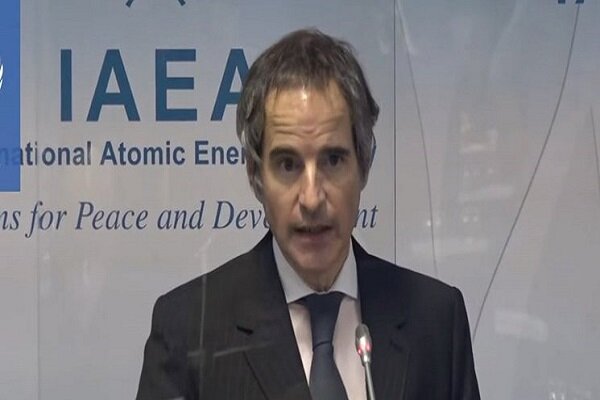

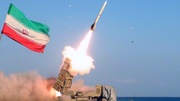
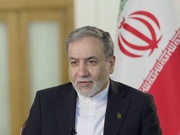
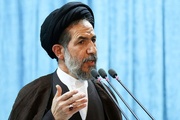
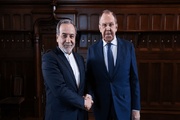
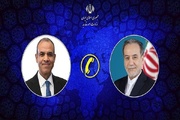
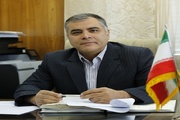
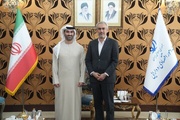
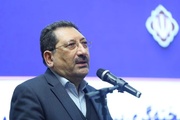
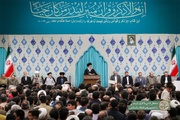
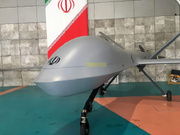









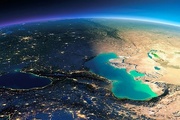


Your Comment